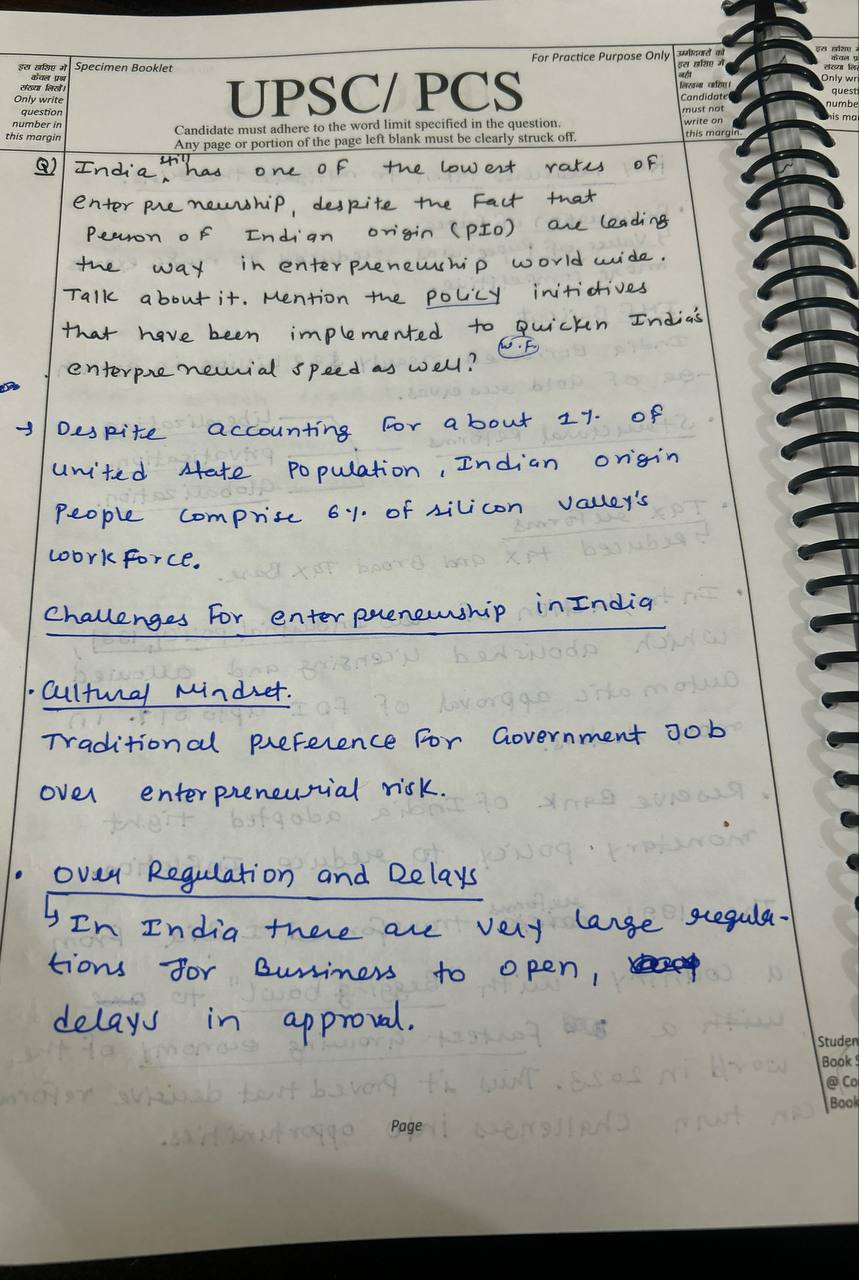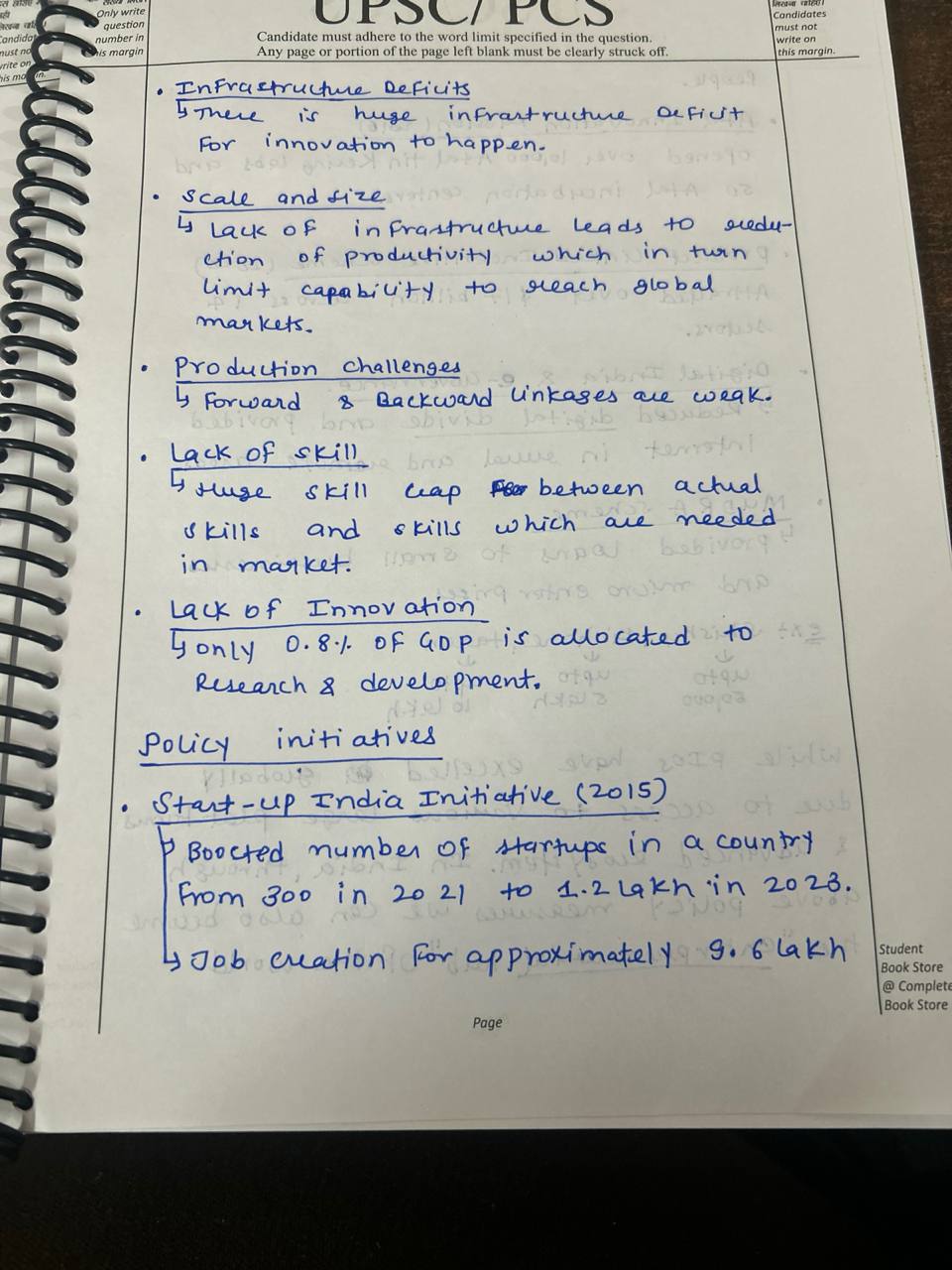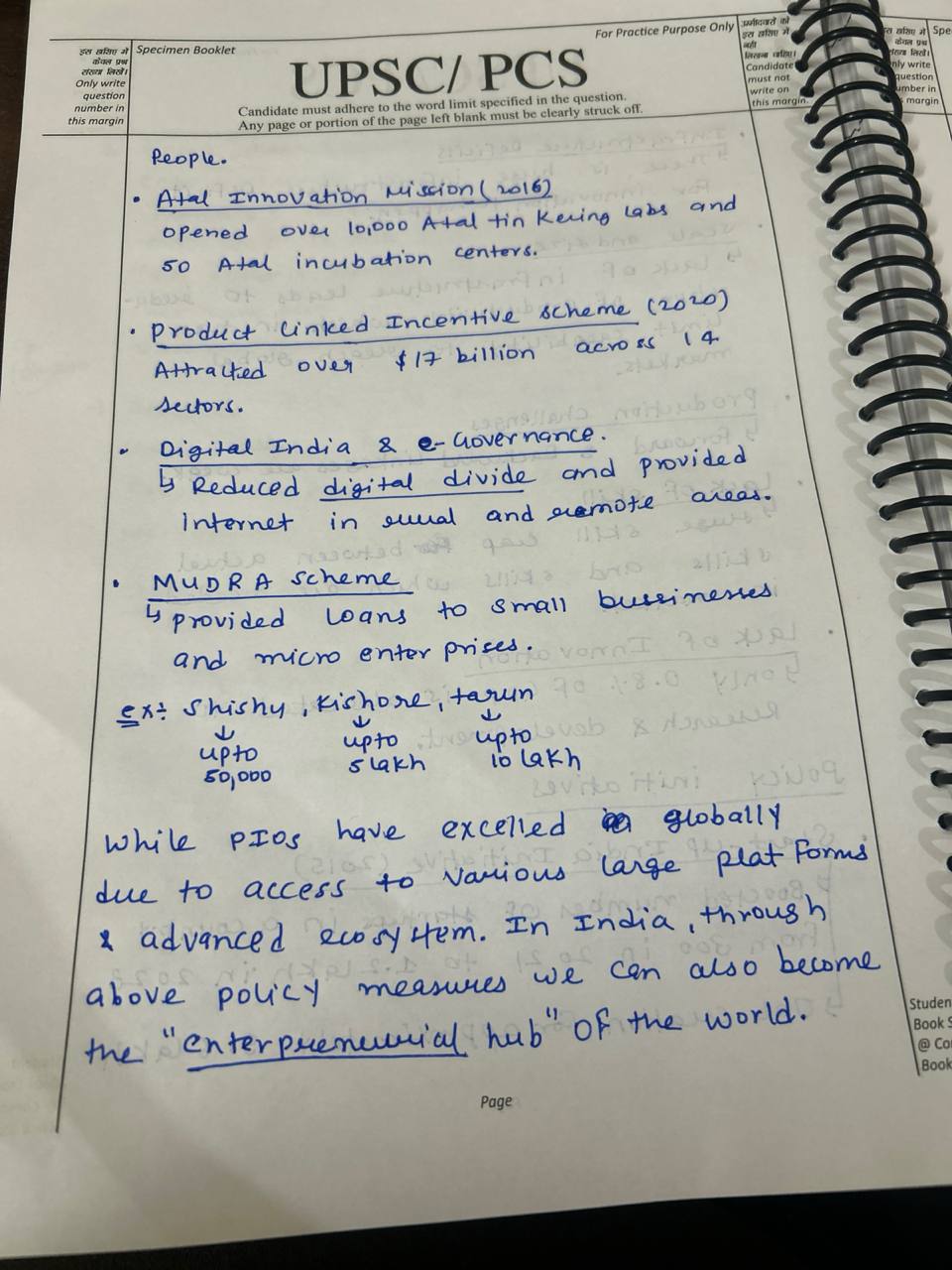What is the impact of foreign investment on Indian Economy
Inclusive Growth: Concept and Impact on Poverty and Inequality **1. Definition of Inclusive Growth: Equitable Economic Growth: Inclusive growth refers to economic development that benefits all sections of society, ensuring that the fruits of progress are shared broadly. It focuses on reducing disparRead more
Inclusive Growth: Concept and Impact on Poverty and Inequality
**1. Definition of Inclusive Growth:
- Equitable Economic Growth: Inclusive growth refers to economic development that benefits all sections of society, ensuring that the fruits of progress are shared broadly. It focuses on reducing disparities in income and opportunity.
**2. Impact on Poverty Reduction:
- Employment Generation: Initiatives like PM Mudra Yojana provide financial support to small businesses and entrepreneurs, creating jobs and reducing poverty by fostering self-employment.
**3. Reduction in Inequalities:
- Social Safety Nets: Programs such as Mahatma Gandhi National Rural Employment Guarantee Act (MGNREGA) offer a safety net for rural workers, improving income stability and reducing regional disparities.
**4. Recent Examples:
- Digital Inclusion: The Pradhan Mantri Jan Dhan Yojana (PMJDY) aims to increase financial inclusion by providing bank accounts to the unbanked, enabling access to banking services and social benefits.
Conclusion: Inclusive growth ensures that economic benefits reach marginalized groups, reduces poverty, and addresses social inequalities, thereby contributing to a more equitable society.
See less



Foreign investment is one of the vital factors in the Indian economy and seems to be an input to develop and grow the economy in general. It is quite much required for bringing in the cash flow to the sectors of manufacturing, technology, and infrastructure. FDI is considered the gateway for transfeRead more
Foreign investment is one of the vital factors in the Indian economy and seems to be an input to develop and grow the economy in general. It is quite much required for bringing in the cash flow to the sectors of manufacturing, technology, and infrastructure. FDI is considered the gateway for transferring the technologies, skills, and management systems directly or indirectly leading to productivity improvement and efficiency improvement. There is employment generation followed by skill development in such cases.
Foreign investment increases the foreign exchange reserves in India and later manages stability in the currency with less dependency on external borrowing. Competition leads to better quality products and services for consumers. It also brings into the fold of global supply chains and creates opportunities for export.
Thus, problems arise. One is that too much foreign capital dependency makes the economy susceptible to external shocks. The other is that, in certain sectors showing obvious foreign dominance, questions about national interest and national security may raise their heads. In addition, foreign enterprises’ profit repatriation limits the reinvestment of domestically earned income.
Foreign investment is playing a very important role in keeping the economy of India going, but these investments have to be balanced with perfectly intelligent policies to derive maximum benefits while decreasing any risks involved.
See less